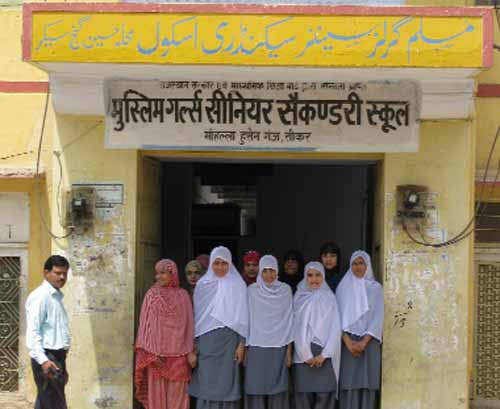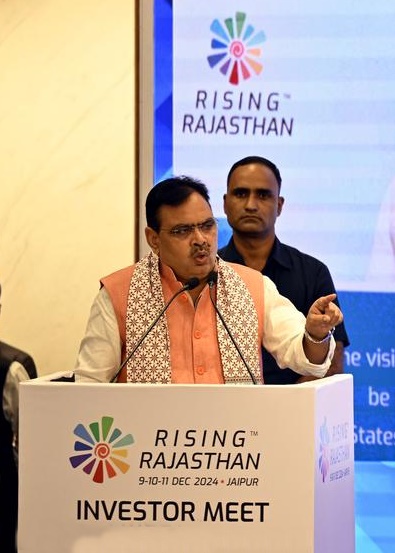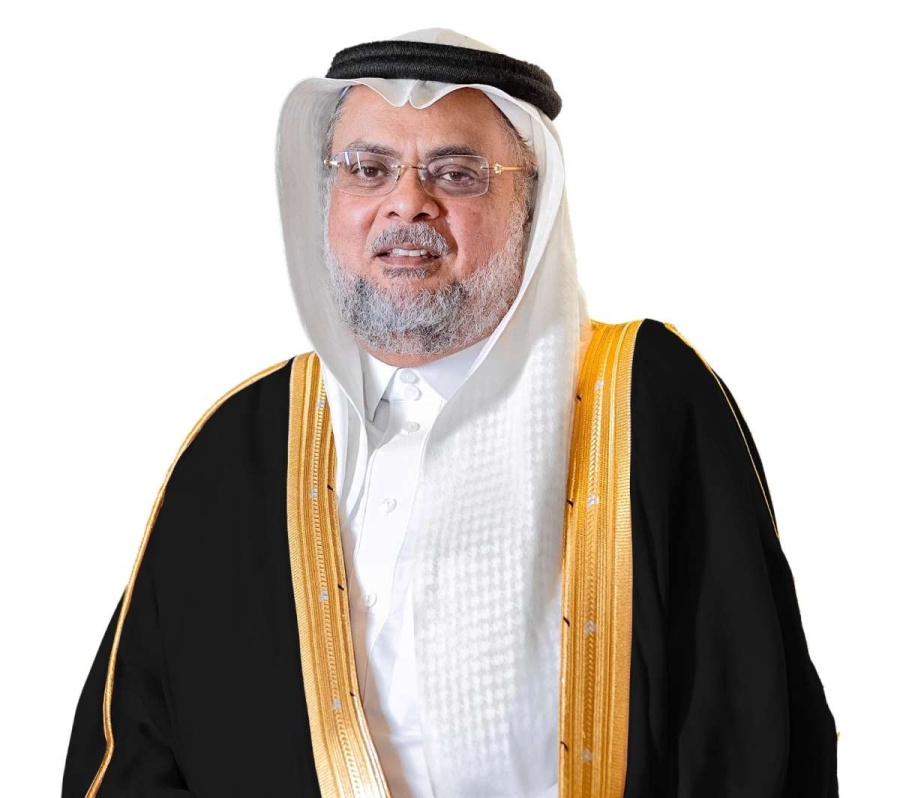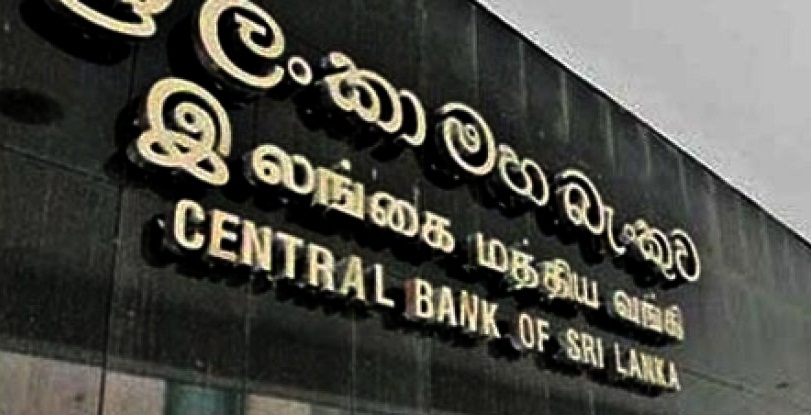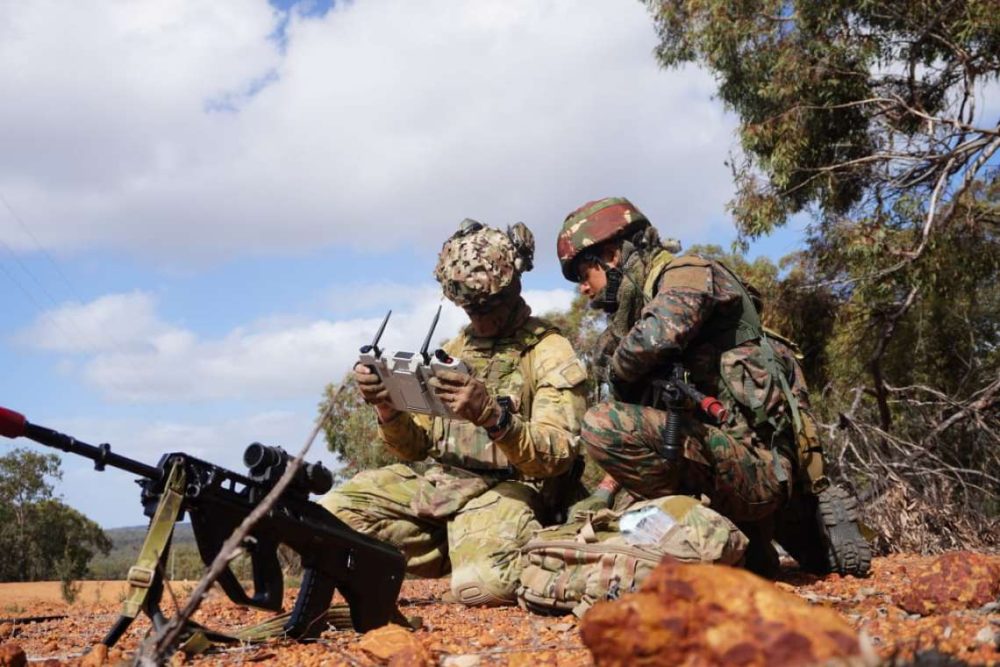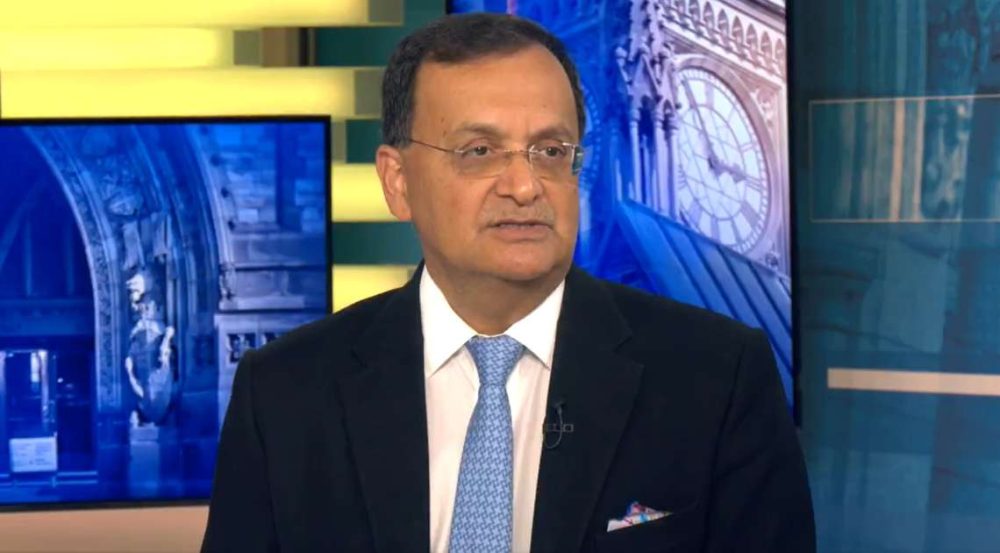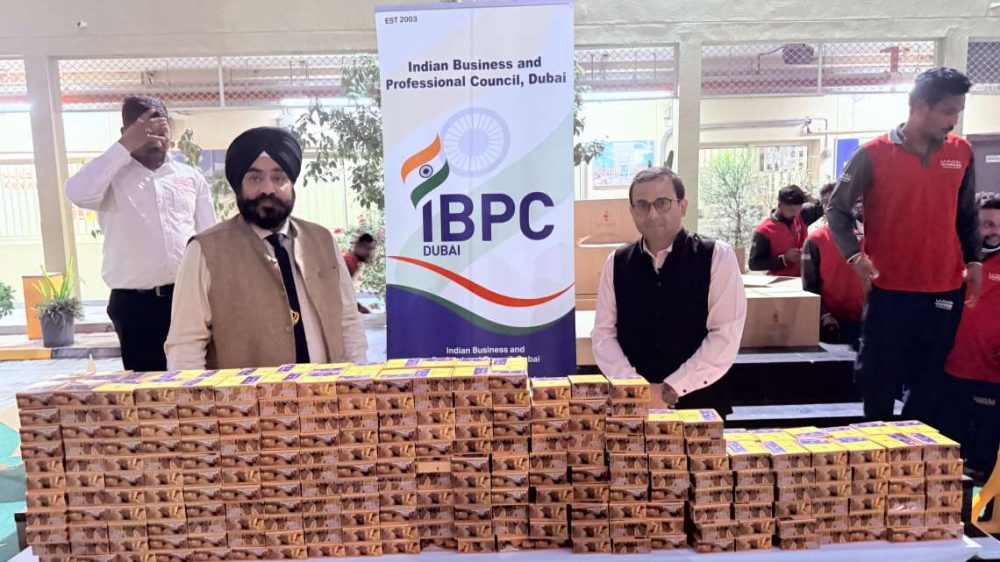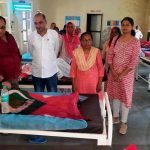In the last decade and a half, such a movement of education has arisen in Shekhawati that daughters have started going to school from every house, writes Nafees Sherani
In the Shekhawati region of Rajasthan, Muslim organizations have set up such a beacon of education for girls, which is visible from afar amidst the desert.
Education is very important for the progress of any society. But the ‘sun of education’ does not shine on Muslim settlements. That too the education of girls, is a very distant dream.
In the last decade and a half, such a movement of education has arisen in Shekhawati that daughters have started going to school from every house.
Every day in the villages and cities of Shekhawati, the courtyards of the schools are resounding with the training songs of girls calling for service and virtue. 15 years ago, his world was limited to the four walls of the house. Because the path of education was very tight. Now there is more than one school there.
Shabina is a teacher in one such school. She has seen this change with her own eyes. Shabina says, “Earlier girls used to stay at home. Now every family has started sending their daughters to school. Having a good school and then having no fees, helped a lot.”
She says, “We have started training them in English so that they can walk at par with the world. We are also giving religious education.”
Earlier there was a difference between boys and girls. It has reduced now. Her mother, grandmother, and grandmother contributed the most in bringing the daughters to school. Grandmother first wanted a grandson, now she is proud of her granddaughters.
Mohsina is a class 10 student in Sikar. She wants to become a doctor. She says, “Earlier this trend was not there. Only boys used to go to school. Now girls are also making their families proud by studying.”
Shekhawati is a part of the desert area where life is very difficult. That’s why people have been going to Mumbai, sometimes to Gulf countries for business. And when wealth came in their hands, they did not forget to serve their land.
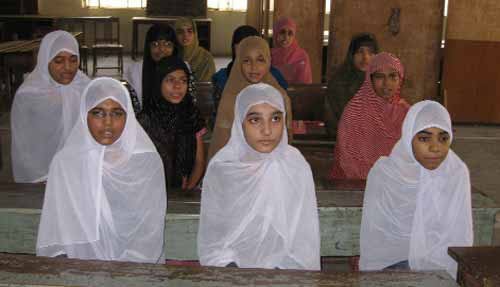
Sikar’s Wahid Chauhan’s desire for progress took him to Mumbai. But the desire for the education of daughters kept pulling him to Sikar again and again. About a decade ago, Chouhan established a school for girls’ education in Sikar, which proved to be a turning point in the education of daughters.
Chauhan said, “There was resistance initially, some thought that girls might go in the wrong direction. But with time everything got better. Today, I feel very happy to see girls studying.”
There is no fee in this school. School uniforms are also free. Sajid of the school’s management committee says, “A large section of our society protested a lot. Initially, there were only 27 girls in the school. Today 3,000 girls are taking training here. Now it has become a college.”
He was no longer dependent on the government for education. Didn’t even wait for any Sachar committee. Society itself stood up so that daughters get equal rights.
Aftab of Sikar says, “It was very difficult for a girl child to become a teacher in our society. Today my daughter is going to become an architect. This is beyond imagination. We were facing opposition in our own house. Earlier some People used to educate their daughters by giving private tuition. Now they are sending them to schools as per the rules. This is a big change.”
Village access
This light of education was not limited to the cities. It has reached even the villages. The Sophia School in Kheerwa village of Sikar district is run by a Muslim. But Principal Kesar Singh is a Hindu.
On this change in education, Hasan Mahmood Qasmi of Jamia Arabia says, “There has been a very good change in the education of Muslim girls in this decade and a half. Earlier the condition of society was not good. Ulema Ikram has played an important role in education.
Fatehpur town of Shekhawati also did not lag behind in the education of daughters. Jamiutal businessmen set up four schools there. Yusuf Khokhar of this institution says, “A large number of girls are coming to study. We believe that if a girl studies, she teaches the whole generation.”
Mohammad Hussain Pathan used to work in Gulf countries earlier. But he felt as if the land was calling him to do something. Now he runs a secondary school in a village. 350 girls are studying in his school.
A student Hina Sheikh says that earlier girls were married off at a young age, now parents consider it necessary for their daughters to study.
(The Author is District President of MSO Nagaur)
ALSO READ: India to deploy women peacekeepers to UN Mission in Sudan


